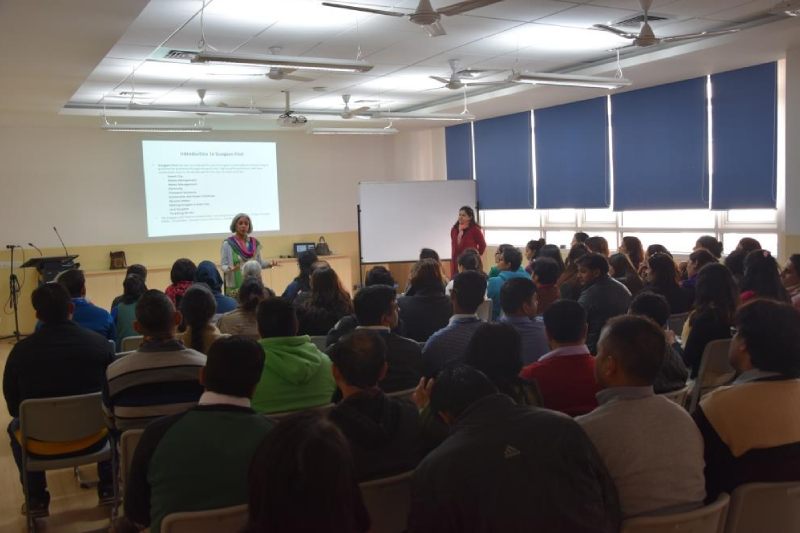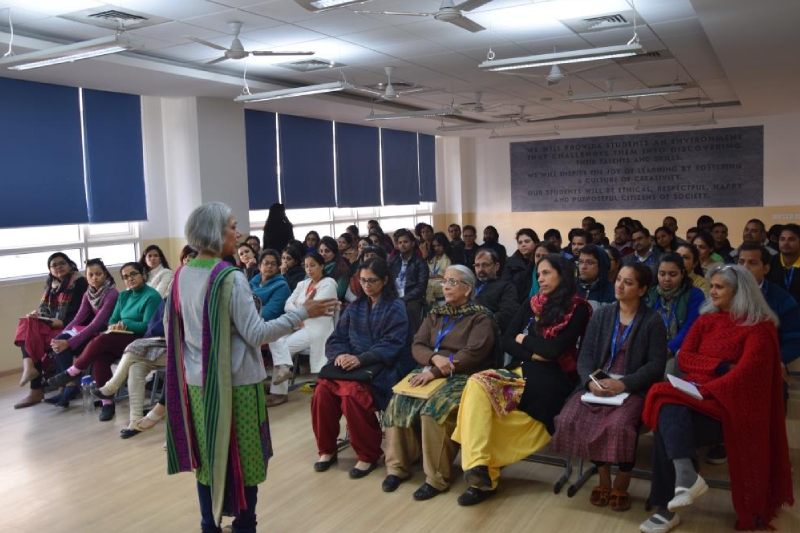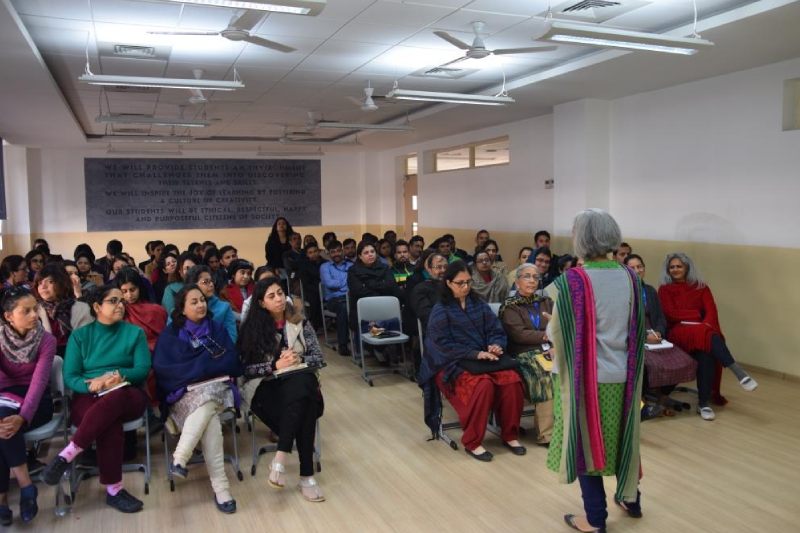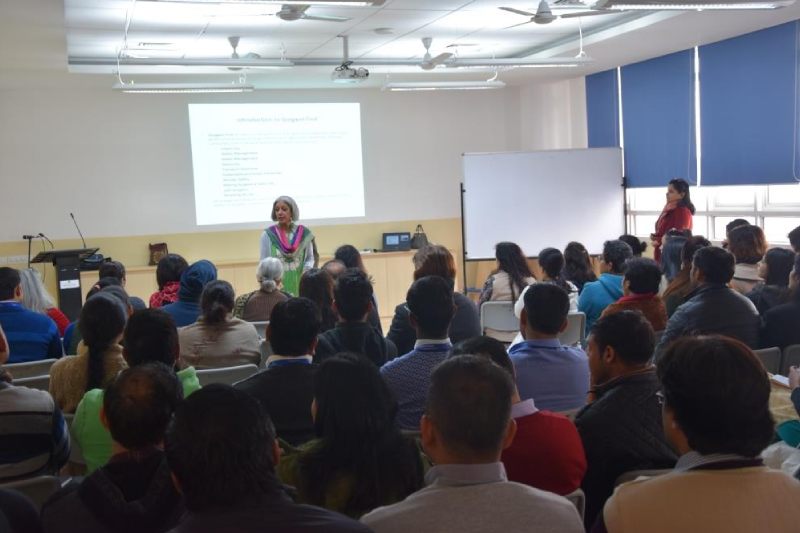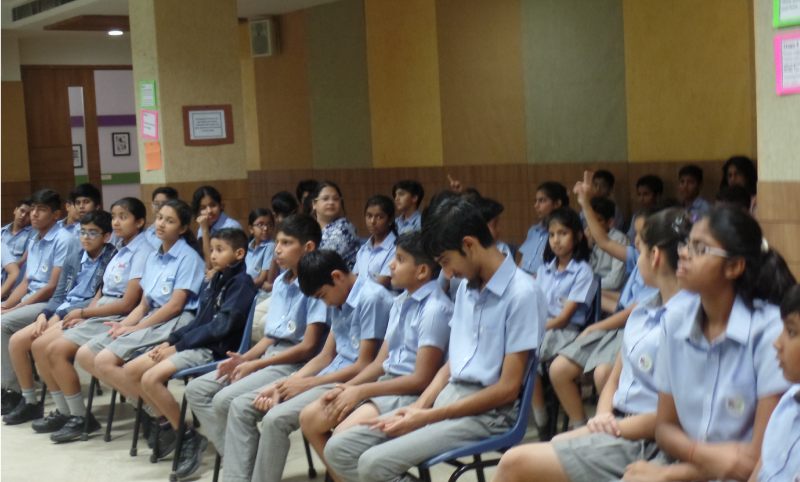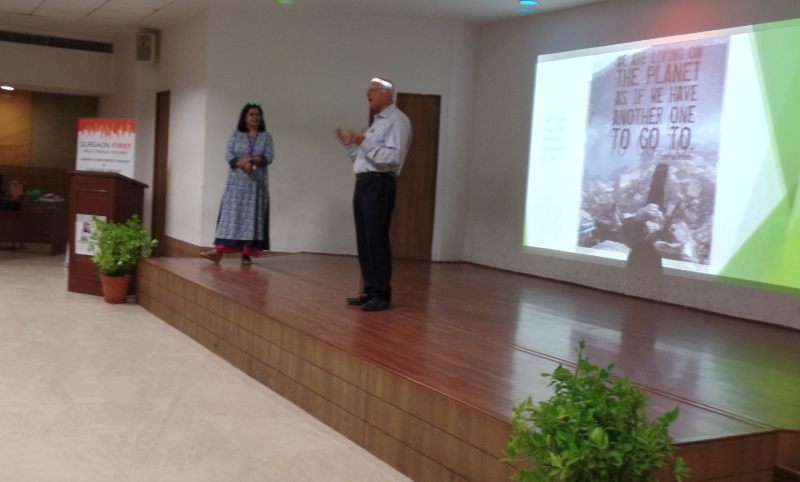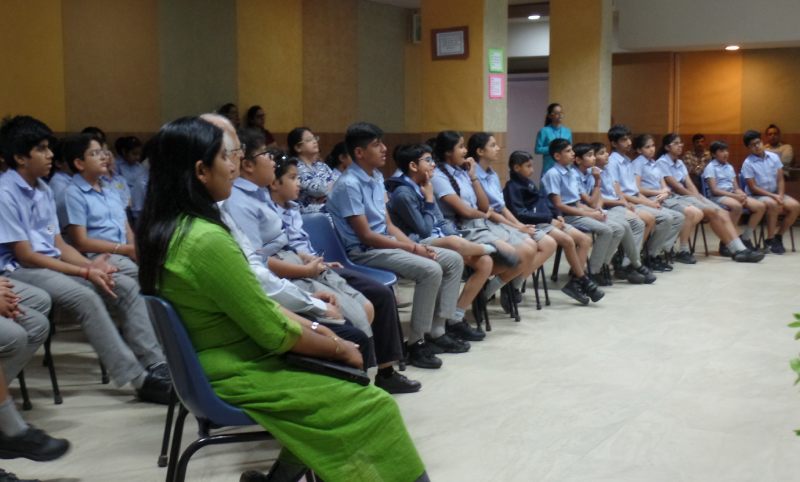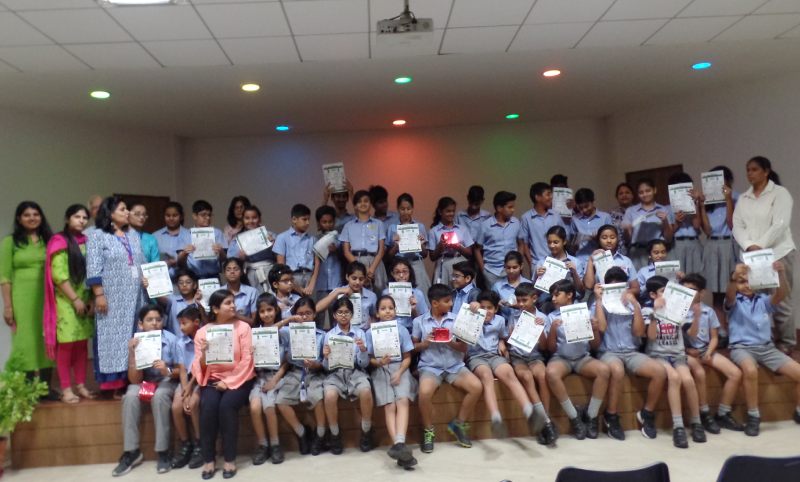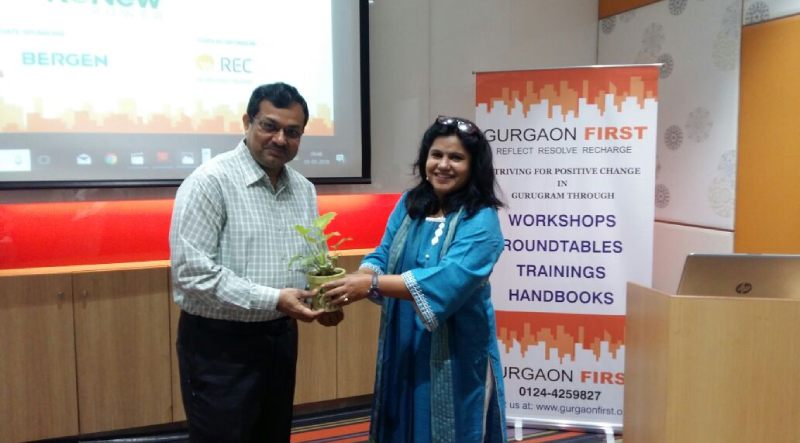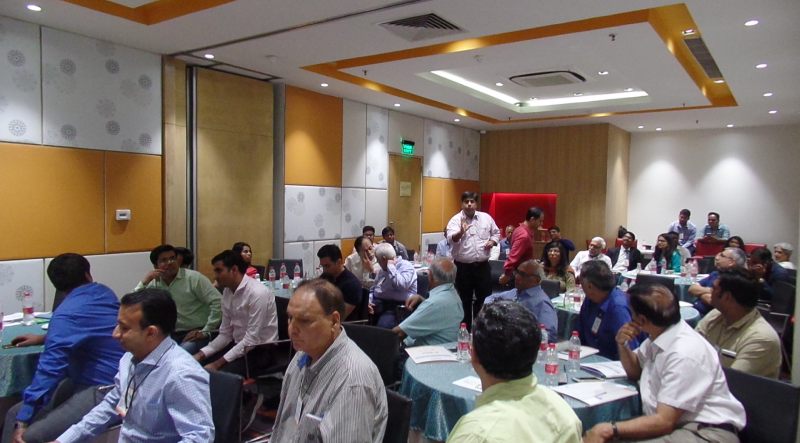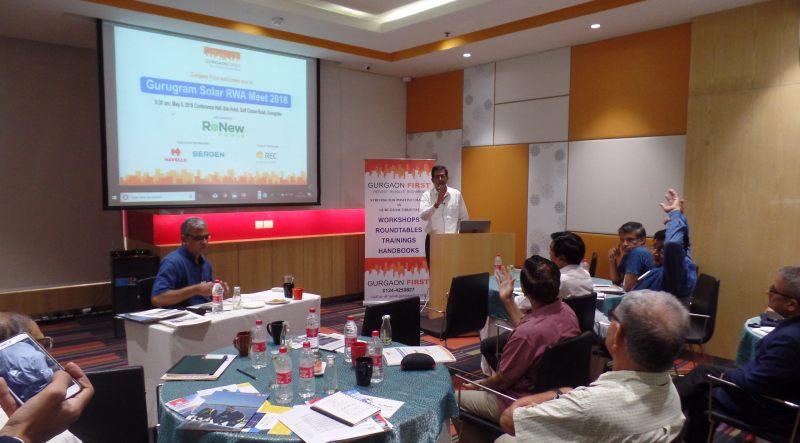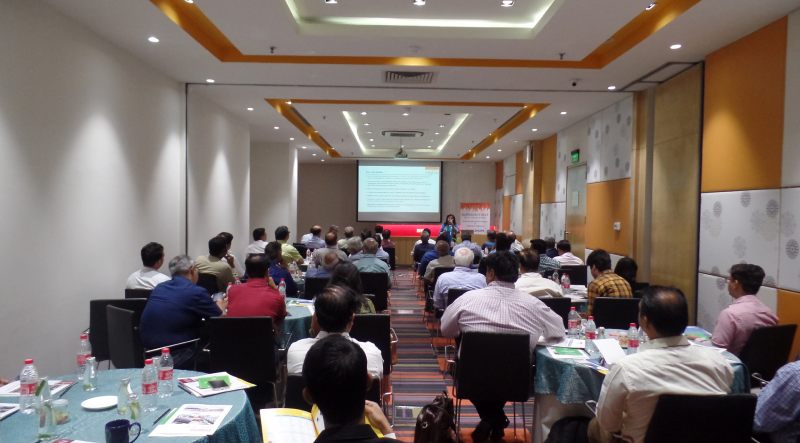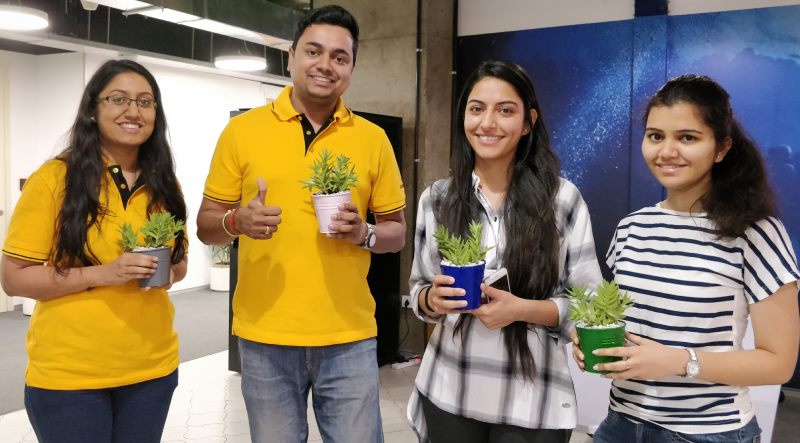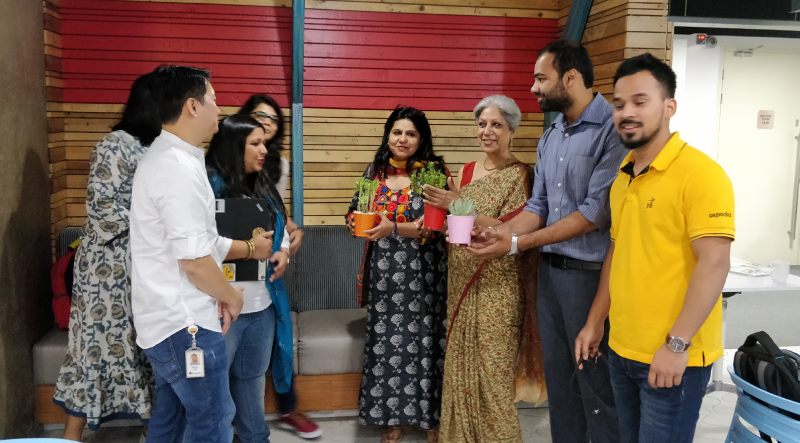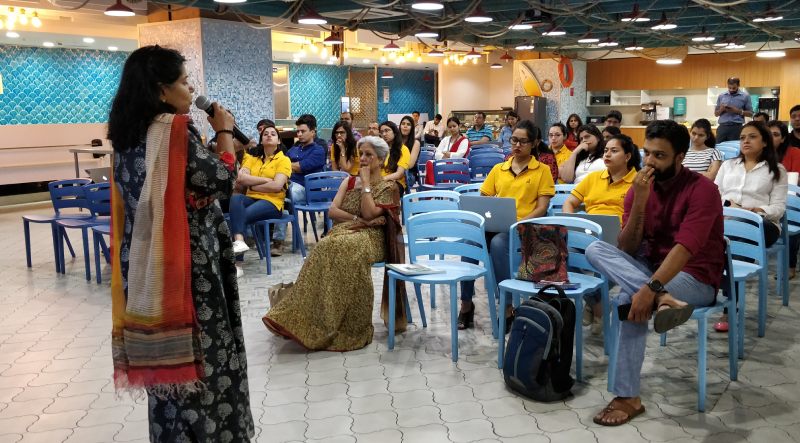Trainings
Our trainings are designed to enhance awareness while keeping participants engaged with captivating case studies and compelling examples. Our sessions are dynamic, featuring a blend of individual and team exercises to ensure lively interaction and sustained engagement. For more information or to schedule a session, or to conduct workshops or training at your premises, please write to us at [email protected].
Sashakt (Training on Prevention of Sexual Harassment i.e. POSH)
Sexual harassment in the workplace is an unwanted factor that affects the right to work with dignity. It also interferes with a healthy work environment and impacts work performance. The Sexual Harassment of Women at Workplace (Prevention, Prohibition, and Redressal) Act 2013 commonly known as the POSH Act, was introduced by the Government of India in 2013. This Act mandates that every organization in India implements its provisions. The Act also mandates organisations to undertake these workshops regularly for the current as well as new employees. SASHAKT workshop lends clarity on the Act, talks about what constitutes SH, the responsibilities of the employer, supervisors, and employees, the mechanisms for prevention as well as the scope and mechanism of complaints under the act. Under Sashakt, we do workshops for sensitizing employees of the Act as well as capacity-building workshops for the organization’s Internal Complaints Committee (ICC).
Related Articles on POSH
Becoming Waste Wise
Managing waste sustainably is one of the most pressing issues facing Indian cities. Despite the right policy frameworks, cities lack proper implementation of sustainable waste practices. This workshop aims to give attendees an overview of waste management scenario, elements and types of waste, waste policy frameworks, waste segregation, composting, the concept of 3Rs and scientific disposal of dry and wet waste management, circular economy and its linkages to waste to inspire individual and bulk waste producers to adopt sustainable waste management practices at the household, office, market, community and city level.
Related Articles on Waste
The ABC of Solar
In the backdrop of increasing electricity demand, limited fossil fuels, rising grid prices, and conscious protection of the environment, solar energy is fast becoming an economically viable alternative. The technology is affordable and eliminates transmission costs and losses. It ensures grid stability. Adopting solar helps cities reduce their carbon emissions, and solar installers reduce electricity bills. It facilitates the productive use of idle rooftops and grounds. With abundant sunshine, Gurgaon has a huge solar potential. Households, institutions, office buildings, malls, and petrol pumps can all adopt solar. Our solar workshop aims to educate participants on the benefits of installing solar, the national and global overview of solar, solar policies, the basic steps for rooftop solar installation, and the challenges so far.
Related Articles on Solar
Sustainable Development: Challenges and Opportunities
The quality of life in cities is directly dependent on how cities manage the natural resources available to them. Cities are particularly vulnerable to climate change and natural disasters impacts. However, resource-efficient cities combine greater productivity and innovation with lower costs and reduced environmental impacts. This workshop is designed to introduce the elements of sustainable development, the global and country-specific goals in terms of SDGs, and the challenges and opportunities for improvement with a special emphasis on Gurgaon.
Sustainable Development: Initiatives at Individual, Organisational, Community, and City levels
By understanding the importance of sustainability and making conscious choices, we can create a positive impact at the individual, organizational, community, and at city level. It is both an individual and collective responsibility as much as the responsibility of policy-makers and government. Change at any level can have a spin-off effect and spur further change. This workshop discusses why it is important to prioritize sustainability and the steps that can be taken at each of these levels to usher in sustainability.

